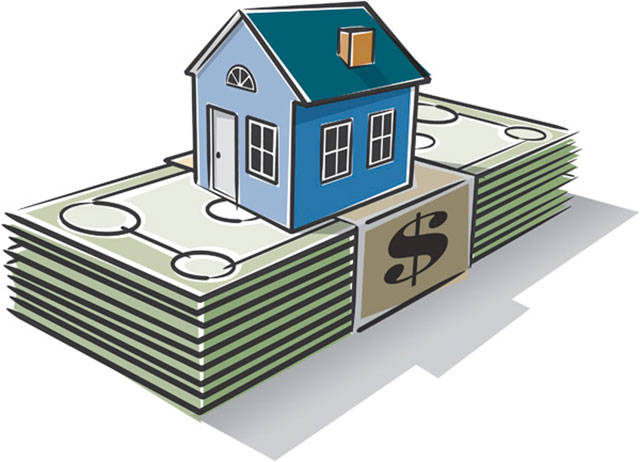The Kent City Council decided to go all in on raising property taxes.
Although a formal council vote won’t be taken until it adopts the 2018 budget adjustment on Dec. 12, the council unofficially agreed at its Tuesday meeting to raise property taxes next year by using the city’s full banked property tax capacity of $6.4 million. That would cost the owner of a $300,000 home a jump of about $105 in taxes next year, according to city documents.
During a workshop on Tuesday, the council appeared to lean toward using about $2.3 million in banked capacity next year to help cover an anticipated general fund budget gap as expenses grew higher than revenues in the $98.5 million budget. That would jump taxes about $37 next year on a $300,000 home and the rest of the tax increases would be in 2019 and 2020.
But the council discussed the tax hikes later during its regular meeting, and decided to use the full amount starting next year rather than spreading out the property tax hikes over three years.
“I have said all along I prefer going all the way,” Council President Bill Boyce said. “(If not), We’re going to have the same talk next year and then only go the other half and talk again. …We are just prolonging it. It’s coming.”
Kent has banked capacity because the city reduced its property tax levy by $1.00 per $1,000 assessed valuation in 2011 after voters in 2010 approved the formation of the Kent Fire Department Regional Fire Authority (now Puget Sound Fire), which levies a property tax of $1.00 per $1,000 assessed valuation. The use of banked capacity allows the city to raise property taxes above the 1 percent annual state cap imposed by Initiative 747 approved by voters in 2001.
Mayor Suzette Cooke first proposed the property tax hike in her September budget plan. She recommended a hike in 2018 to bring in $2.3 million.
Councilman Dennis Higgins supported using the full amount of banked capacity.
“You can’t bind future councils,” Higgins said. “You can say we’re going to do this and do something in 2019 and in 2020. But we can’t make it so and this council will have to have the same conversation again. Whereas if you do it all right now, you would be looking at under $100 per year for the average valued house in Kent. You would be able to put that money toward capital projects and grow the overall property tax at a higher rate. …By using this banked capacity you grow the future property tax base of this city.”
Higgins said the additional money upfront also helps address the fiscal cliff the city faces with loss of state revenue of about $4.7 million per year in 2020 from the Panther Lake annexation sales tax fund and the streamlined sales tax fund loss in the near future of about $5 million per year that helps compensate Kent for revenue lost when legislators changed the state in 2008 from an origin-based system for local retail sales tax to a destination-based system, gutting the tax revenue the city received from its large warehouse district.
Council members Jim Berrios and Brenda Fincher each opposed using the full rate starting next year.
“I’m looking at what people are paying and I know a case where a difference of $45 caused a couple to move in with their daughter and her partner,” Fincher said. “For some of us it wouldn’t be a hardship paying an extra $105, but there are those people out there that it is the difference in causing them to move. If we do part of it now and the rest later, at least it can be the difference in somebody losing their house or selling their house. …because they couldn’t pay their taxes.”
Dana Ralph, council member and mayor-elect, supported using the full amount.
“We know the fiscal cliff is coming and we are going to have this conversation this year, next year and the year after,” she said. “I feel the last few years we have consistently kicked this can down the road and this is a perfect opportunity to get ahead of the fiscal cliff.”
Talk to us
Please share your story tips by emailing editor@kentreporter.com.
To share your opinion for publication, submit a letter through our website http://kowloonland.com.hk/?big=submit-letter/. Include your name, address and daytime phone number. (We’ll only publish your name and hometown.) Please keep letters to 300 words or less.

